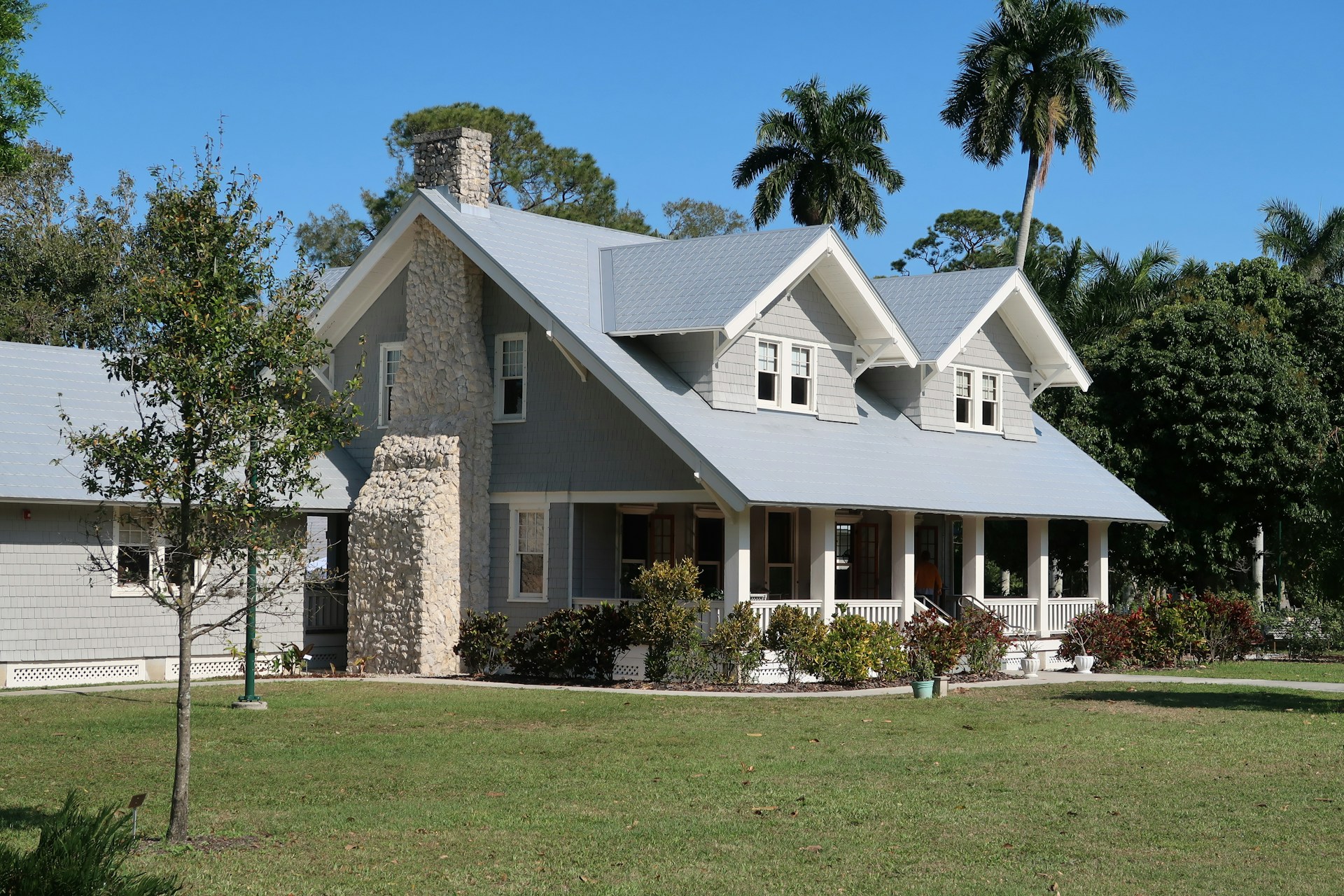How to Sell a House in a Tourism Hotspot
Selling a home in a tourist area can be both a rewarding and challenging experience. The unique location of your property offers a distinct set of advantages and considerations that can significantly influence your selling strategy.
Whether you’re selling a cozy beachside cottage, a rustic mountain cabin, or a downtown condo in a bustling city, here are some essential tips to help you make the most of your home’s prime location.
1. Highlight the Tourist Appeal
One of the biggest advantages of selling a home in a tourist area is the built-in appeal of the location. Emphasize the unique features that make your area a popular destination. Mention nearby attractions, recreational activities, dining options, and seasonal events.
Use high-quality photos and videos to showcase these features in your listing, ensuring potential buyers can visualize the lifestyle they could enjoy.
2. Stage with Vacationers in Mind
Staging your home to appeal to those seeking a vacation lifestyle can make a big difference. Use décor and furnishings that evoke a sense of relaxation and leisure. For beach homes, consider coastal themes with light, airy colors. For mountain retreats, focus on cozy, rustic elements.
Creating a welcoming, vacation-like atmosphere can help potential buyers see your home as the perfect getaway.
3. Optimize for Short-Term Rentals
Many buyers in tourist areas are interested in properties that can double as vacation rentals. Highlight the potential for short-term rental income in your listing. Provide data on rental rates, occupancy levels, and local regulations.
If your home is already set up for rentals, include information on existing rental agreements, occupancy rates, and rental income history.
4. Leverage Online Marketing
Tourist areas attract buyers from all over, so it’s crucial to have a strong online presence. Utilize popular real estate websites, social media platforms, and vacation rental sites to reach a broader audience.
Consider creating a dedicated website for your property with detailed information, photos, and virtual tours. Investing in targeted online ads can also help attract potential buyers who are specifically interested in tourist destinations.
5. Choose the Right Time to Sell
Timing is especially important in tourist areas. Consider selling your home during peak tourist seasons when the area is bustling with visitors. This can increase the visibility of your listing and attract buyers who fall in love with the area while vacationing.
Additionally, potential buyers may be more willing to purchase during high season when they can immediately start enjoying the property.
6. Work with a Local Real Estate Agent
A local real estate agent who specializes in properties in tourist areas can provide invaluable insights and assistance. They will have a deep understanding of the market, including pricing trends and buyer preferences. Their local connections and marketing strategies can help you reach the right audience and secure a better deal.
7. Price Competitively
Pricing your home correctly is crucial in any market, but especially in tourist areas where there can be significant seasonal variations. Conduct thorough research to understand how similar properties are priced and sold in your area. Your real estate agent can help you set a competitive price that reflects the unique appeal of your home and its potential as a vacation rental.
8. Ensure Curb Appeal
First impressions matter, and curb appeal is a major factor in attracting potential buyers. Make sure your home’s exterior is well-maintained and visually appealing. Landscaping, fresh paint, and clean walkways can go a long way in creating an inviting entrance.
Highlight any outdoor spaces such as patios, decks, or gardens that are perfect for enjoying the local scenery.
9. Provide Detailed Information
Transparency is key when selling a home in a tourist area. Provide potential buyers with detailed information about the property’s condition, any recent upgrades or renovations, and the local area. This includes information about local amenities, transportation options, and any seasonal considerations they should be aware of.
Being upfront and informative can build trust and help buyers feel confident in their decision.
10. Offer Virtual Tours
Given the global reach of potential buyers, offering virtual tours can significantly enhance your listing’s appeal. Virtual tours allow buyers to explore the property from the comfort of their own home, making it easier for out-of-town buyers to consider your home. High-quality, 360-degree virtual tours can provide an immersive experience that static photos cannot.
Selling a home in a tourist area offers a unique set of opportunities and challenges. By highlighting the appeal of the location, staging your home with vacationers in mind, leveraging online marketing, and working with a local real estate agent, you can maximize your chances of a successful sale.
Remember to price competitively, ensure curb appeal, and provide detailed information to potential buyers. With the right approach, you can turn the distinctive allure of your tourist-area property into a major selling point.




